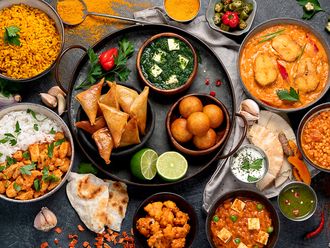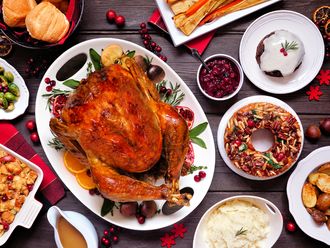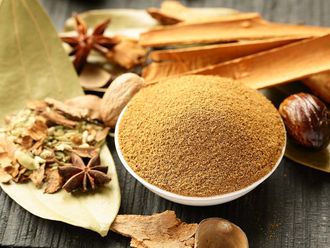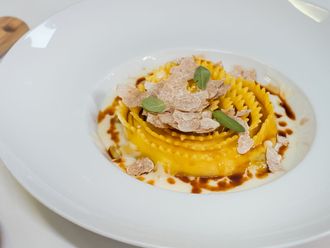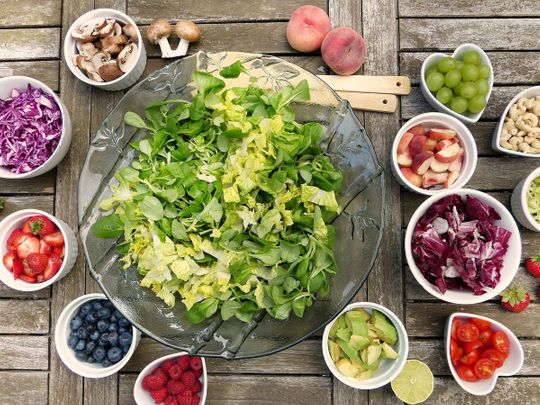
By far the biggest contributors to chronic illnesses is bad nutrition.
Bad nutrition means a lot of sugar, white flour, unnatural ingredients and processed foods just to name a few of the top culprits.
Now, more than ever before, we need to prioritise building up an immunity against illnesses.
Yet, we still find ourselves confused. Eggs are good. Eggs are bad. Meat is good. Meat is bad. Eat butter. Don’t eat butter. Coconut oil is good for you, then suddenly it’s not good for you.
What should we believe?
“We simply have to go back to the basics of nutrition,” Farah Hillou, a licenced nutritionist, registered dietician and a certified practitioner of functional nutrition at the Chiron Clinic told Gulf News. “This means also understanding the physiology and biochemistry of our bodies, in order to understand what and where the imbalances are.”
The truth is, what you should or should not eat all depends on your body. Because at a cellular level, you are not the same as anyone else out there. The new approach to healthy eating is not a one-size-fits-all approach. Everyone has a unique genetic make-up, health history, lifestyle and mental well-being, therefore you need to really dig into who you are with a professional and customize a life that will serve your body as a whole. That is what functional nutrition is all about
What is the absolute worst?
It’s sugar. Dr Marilyn Glenville PhD, one of the UK’s leading nutritionists, specialising in women’s health, gave Gulf News the low down about sugar.
“Sugar is so devoid of any nutrients that your body has to use the essential nutrients stored in your system to digest the sugar. So, not only are you getting absolutely no vital vitamins and minerals from the sugar, but your body is also losing valuable nutrients just by eating it,” Dr Marilyn stressed.
“When eating sugar, there is a rapid rise in your blood sugar level (blood glucose). Inevitably, your body responds by producing more insulin from the pancreas to deal with the high level of blood sugar.”
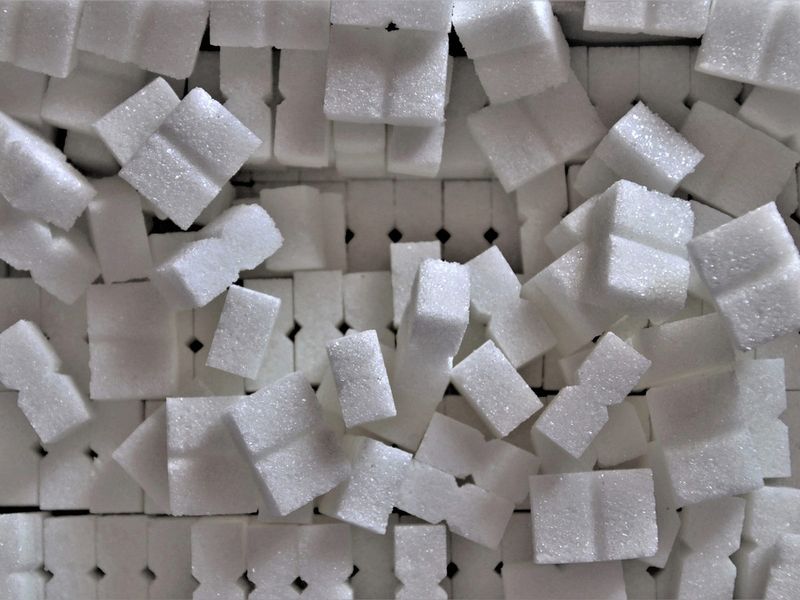
Hillou further delves into what else unhealthy foods can do to the body. “Foods that are deemed ‘unhealthy’ can increase oxidative stress in the body and therefore inflammation. Inflammation is believed to be at the root of so many chronic health conditions. They can ‘switch on’ certain genes, which affect different processes in the body and can trigger disease,” she said to Gulf News.
“Unhealthy foods” can also negatively affect our gut lining and our gut microbes. A compromised gut has been linked to diabetes, obesity, autoimmune conditions, anxiety and other mental health conditions. Moreover, “unhealthy” foods can negatively impact our hormones (insulin, leptin) and neurotransmitters (dopamine, serotonin).
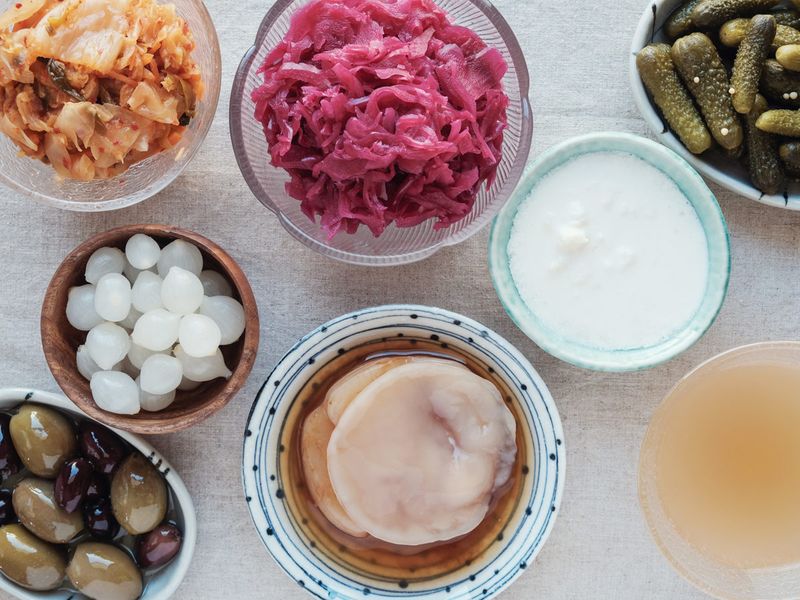
When asked what she deals with the most when seeing patients here in the UAE, it was mostly hormonal imbalances, diabetes and burn out, just to name a few. “What I see here in the UAE, is similar to trends seen everywhere else around the world. Hormonal imbalances (including insulin, estrogen), diabetes, obesity, digestive issues, burn-out and mental health issues. All issues that fall back to inadequate lifestyle behaviours.”
That’s where functional nutrition comes into play
Functional Nutrition, part of Functional Medicine, is a biologically based approach that focuses on identifying and addressing the root cause of illness. The idea of functional nutrition has been around since the early 1990s. In 2008, the journal of Science Based Medicine, called functional nutrition the “new kid on the block”.
Today Cleveland Clinic has a centre for functional medicine, pioneered by Dr. Mark Hyman MD, who has dedicated his career to tackling the root causes of chronic disease by harnessing the power of Functional Medicine to transform modern health care.
The goal of functional nutrition isn’t to make you thin. The goal is to find out why you are tired, why your gut isn’t healthy, or why you can’t sleep at night.
A functional nutritionist will ask you whether your insides are inflamed. Are you eating enough colour (not skittles, but vegetables) and generally how you feel overall?
Functional nutritionists check that your liver is doing what it should be doing. Are your kidneys functioning properly? Do you need to eat less meat, drink more water? Do you need more sleep? Do you need more movement? Functional nutrition focuses on the body as a whole, considers the root causes of conditions, and utilizes the “food as medicine” approach (among other lifestyle measures).
Hillou explained that many people will come to her with weight loss as their main goal.
“I look at that as secondary,” she said. Instead of giving them a diet plan, she probes further. What has caused the weight gain? Is it the food you eat? Is it the lack of sleep? Are you stressed?
"Most people who come to me and who want to lose weight will have at least three other symptoms as well. Inability to sleep, feeling tired or they can’t breathe properly. I tend to focus more on those issues. The moment we start to tackle that, the weight tends to just come off. It’s a great by-product of living a healthy life,” she told Gulf News.
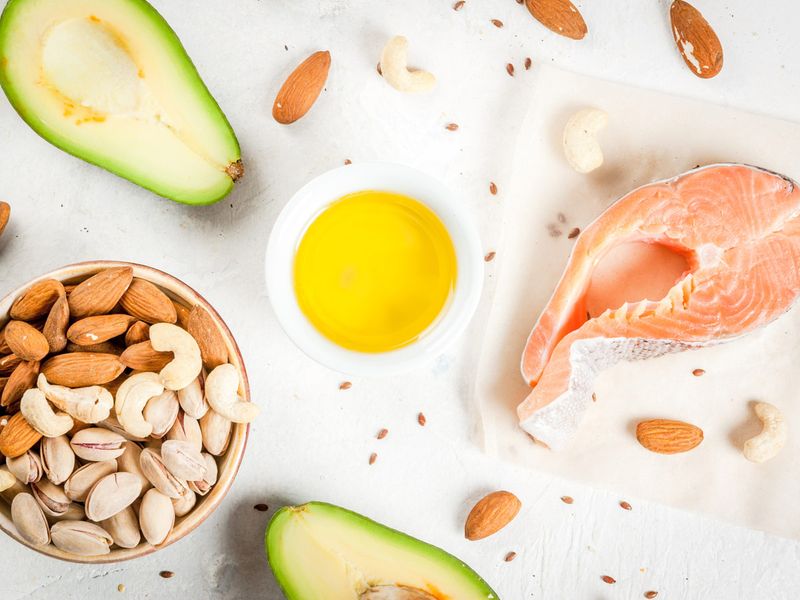
Can food heal?
“Plant-based, colour-rich foods contain phytonutrients which have antioxidant and anti-inflammatory properties. These nutrients actually protect cells from damage and may also reverse damage made by the environment. Other foods we should eat are healthy fats, for example, avocado, nuts and fish. These can help keep cell membranes strong and therefore resistant to outside damage.”
It is important to note that while many foods promote healing, there are other types of food that prevent healing and therefore have to be avoided (refined sugar, for example). Moreover, we need to address other lifestyle habits such as sleep, movement and mental wellbeing in order to achieve true healing, Hillou explained.
Which types of food boost immunity?
“Colour-rich fruits and vegetables such as green leafy vegetables, berries, and citrus fruits can help boost immunity. Mushrooms in all their culinary varieties are a great add into stews and soups. Spices such as turmeric and ginger, as well as herbs like thyme, oregano and sage, have great anti-inflammatory properties and can support immunity. Finally, foods that support our gut health and microbiome, such as fibre-rich foods (whole grains, legumes, vegetables) and probiotics (fermented vegetables, kefir), help boost immunity since nearly 70 per cent of our immune system lies in our gut tissue,” Hillou told Gulf News.
Supplements vs. food
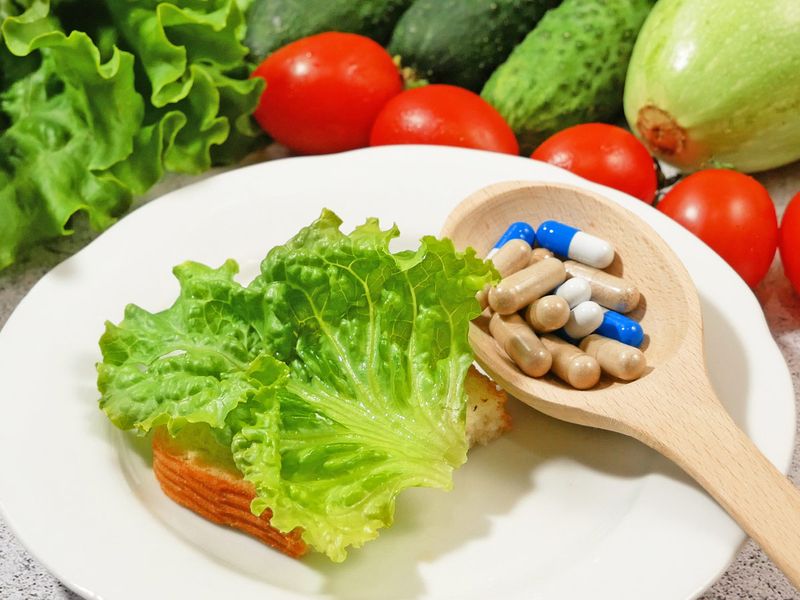
Hillou believes that food should always remain our primary source of nutrition. “The combination of important and beneficial nutrients found in natural foods can never be compensated for in a pill. It’s important to remember that we can never supplement our way out of a poor diet.”
While doctors will do their best to prescribe medicines that can heal you, it is rare when they turn to food as the solution. “Unfortunately, medical programs worldwide lack education in nutrition, however, there is definitely more awareness and appreciation regarding the importance of nutrition in preventing, managing and treating health conditions. As someone who has been teaching nutrition to undergraduate students in the UAE for almost ten years, I would love to see more nutrition courses built into medical curriculums in the UAE.”
Can I eat out and still eat well?
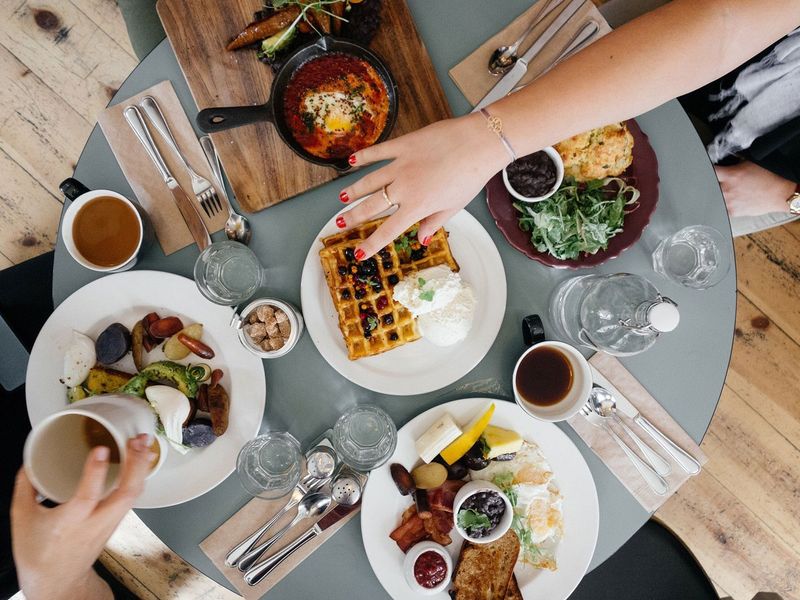
Let’s say you’re like me. Going out to eat at each chance I get. It is so easy to pile on the pounds and end up eating bad-for-you ingredients because we simply don’t know the extent of food engineering that goes into making fast food or restaurant food so delicious. But you definitely have options.
“In the UAE there is certainly no shortage of restaurants and cafés that offer nutritious menus,” said Hillou. “Even restaurants that do not necessarily fall under the ‘healthy’ category will often have options that are considered healthier than others. Some of my go-to’s are Soulfull, Colour My Plate, and Rawkure. The Soil Store is also a great one-stop-shop for all things wellness.”
You need to start becoming aware of your nutritional deficiencies and start eating a nutrient-dense diet. You need to eat the kind of foods that really nourish your cells. This gives you control to a certain extent over how long you’re going to live. You can avoid viruses, autoimmune conditions, heart conditions, hypertension, type 2 diabetes and so much more if you just pay attention to your eating.
So all in all:
• We should all be eating foods that are low in starch and sugar.
• We should be eating a plant-rich diet. 70 per cent of the plate should be plant food. Good quality veggies that aren’t that starchy. Two servings of fruits and four to seven servings of vegetables. Do not overdo it on the fruit, there is a lot of sugar in fruit.
• Eat good fats: Salmon, avocados, nuts, seeds, coconut oil.
• If you need animal products, ideally, you should be eating humanely raised animal products and fish that’s sustainably harvested.
• Non-gluten grains are the best: Black rice, quinoa, buckwheat.
• Dairy, you should ideally eat less of. Dairy tends to cause inflammation in our bodies, so the best-case scenario would be opting for oat milk, almond milk or coconut milk.
Green Smoothie Recipe
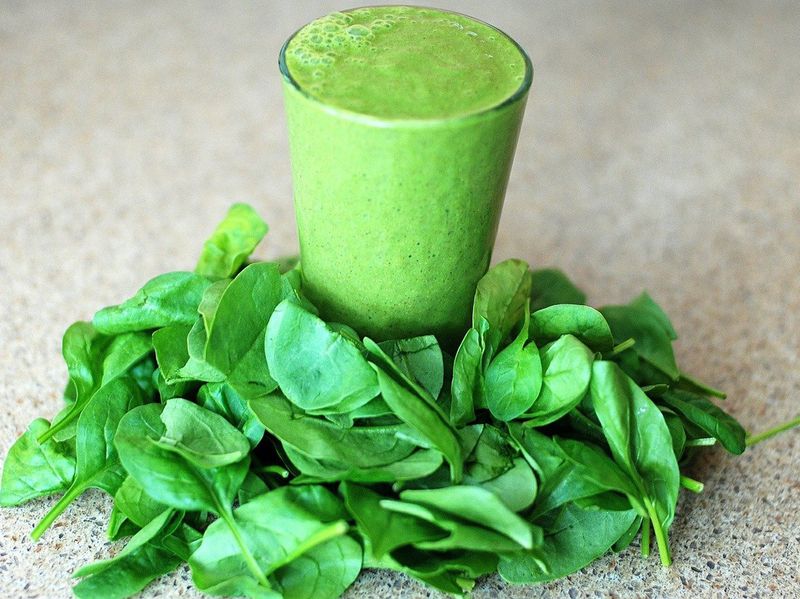
Here is a simple green smoothie packed with nutrients and anti-inflammatories that Farah Hillou likes to make often
· 1 banana
· 1/4 cup organic blueberry
· 1/3 cup organic baby spinach
· 1/2 avocado
· 1/2 cup almond or coconut milk
· 1 cup water
· 1 teaspoon extra virgin coconut oil
· 1 teaspoon ground flaxseeds
· 1/2 teaspoon chia seeds
· Pinch of turmeric and cinnamon
· A dose of collagen peptides
Whip up these four delicious recipes from Casette restaurant to get you on the path of better eating
Pan-fried seabass with cauliflower puree and fennel salad
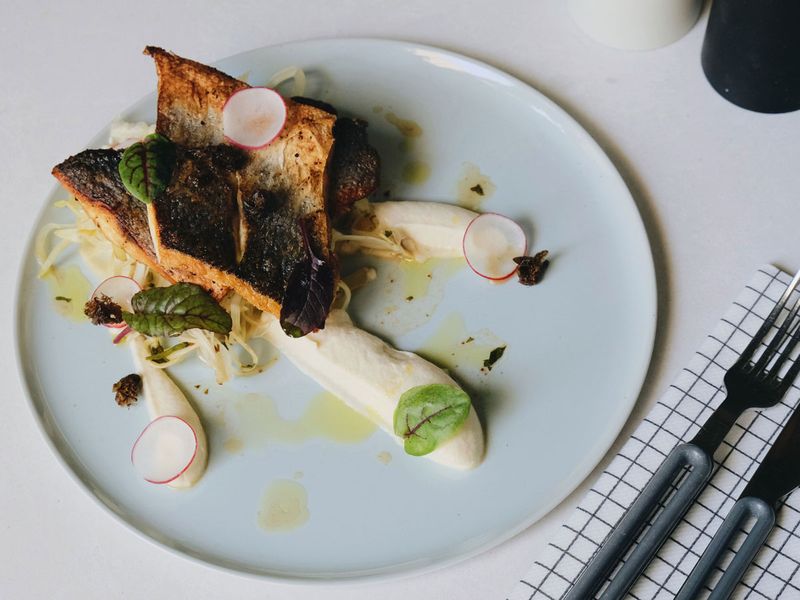
Ingredients
1 cauliflower, cut into florets
2 tbsp creme fraiche
40g unsalted butter
100g fennel, finely shredded
1 dried red chilli, crumbled
2 tbsp apple cider grape vinegar
1 bunch each flat-leaf parsley and mint leaves chopped finely
Finely grated zest of 1 lemon
100ml extra virgin olive oil
1 x 140g seabass fillets (skin on), pin boned
Method
1. Preheat the oven to 200°C. To make the cauliflower puree, cook the cauliflower in a large saucepan of boiling salted water for 4-5 minutes until very tender. Drain, then transfer to a food processor and whizz until smooth.
2. Add creme fraiche and butter, and whizz to combine. Season, then set aside and keep warm.
3. To make the salad, place the fennel, chilli, vinegar, parsley, mint, lemon zest and 1/3 cup (80ml) oil in a large bowl. Season, then toss to combine. Set aside.
4. Heat the remaining 1 tbsp oil in a large non-stick ovenproof frypan over medium-high heat.
5. Season the seabass skin with salt, cook the sea bass, skin-side down, for 4-5 minutes until crisp and golden.
6. Transfer the frypan to the oven and continue to cook, without turning, for a further 2-3 minutes until the whiting is cooked through.
7. Divide the cauliflour puree among four serving plates. Arrange 1 fillet on plate and serve with shaved fennel salad.
Tip: For more flavour roast the cauliflower in the oven and then puree
Roasted butternut and kale salad with orange dressing
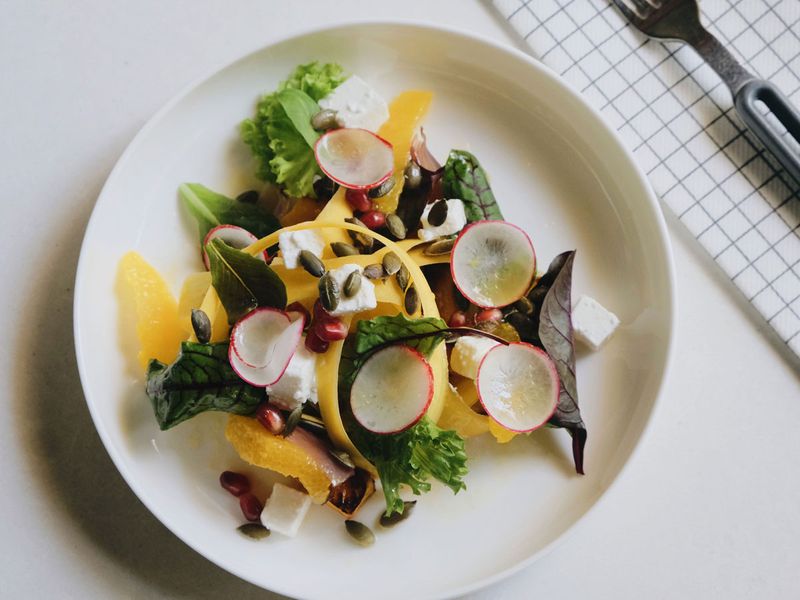
Ingredients
2 red onions, each cut into 4 thick rings
4 garlic cloves, unpeeled
8 small wedges of butternut squash (prepared weight 250g)
2 tsp rapeseed oil
½ tsp caraway seeds
Butternut shaving
½ x 60g bag baby kale
50g pomegranate seeds (about ¼ of a large fruit)
50g feta, crumbled
Red radish
For the dressing
1 orange
1 tbsp cider vinegar
1 tsp olive oil (rapeseed oil can also be used)
2 tbsp pumpkin seeds
Method
1. Heat oven to 200C/180C. Toss the onions, garlic, and squash in the oil, then arrange in a single layer on a baking tray and roast for 25 mins.
2. Remove the garlic and set aside, turn the vegetables over with a fish slice, sprinkle the caraway and return to the oven for 10 mins more.
3. To make the dressing, pare the zest from half the orange and put in a bowl. Cut the peel and pith from the orange with a sharp knife. Working over the bowl to catch the juices, cut out the segments from between the membrane. Stir in the vinegar, oil and pumpkin seeds. Discard the skin of the roasted garlic, mash the soft cloves, and add to the bowl. Stir well.
4. Pile the roasted veg onto a platter or plates, top with butternut shaving, orange and kale, then spoon over the dressing and toss. Scatter over the pomegranate seeds, feta, red radish and serve.
Vitamin booster smoothie
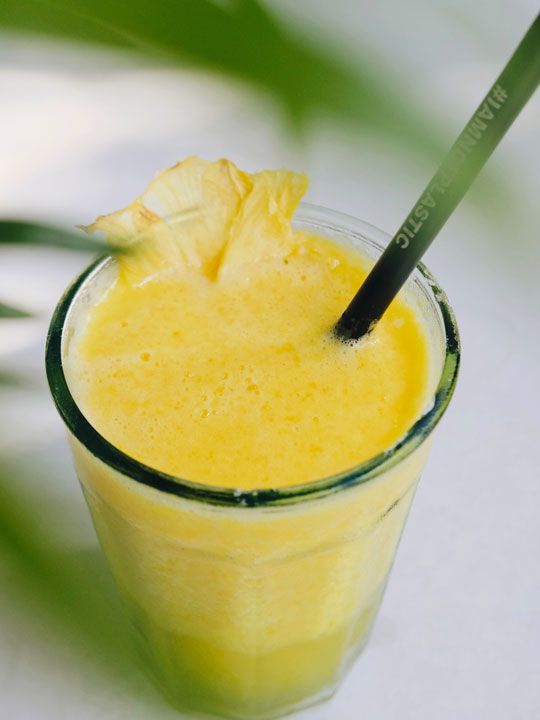
Ingredients
1 orange, peeled and roughly chopped
1 large carrot, peeled and roughly chopped
2 sticks celery, roughly chopped
50g mango, roughly chopped
200ml water
Method
Put all the orange, carrot, celery and mango in the blender, top up with water, then blitz until smooth.
Blueberry Bircher pots
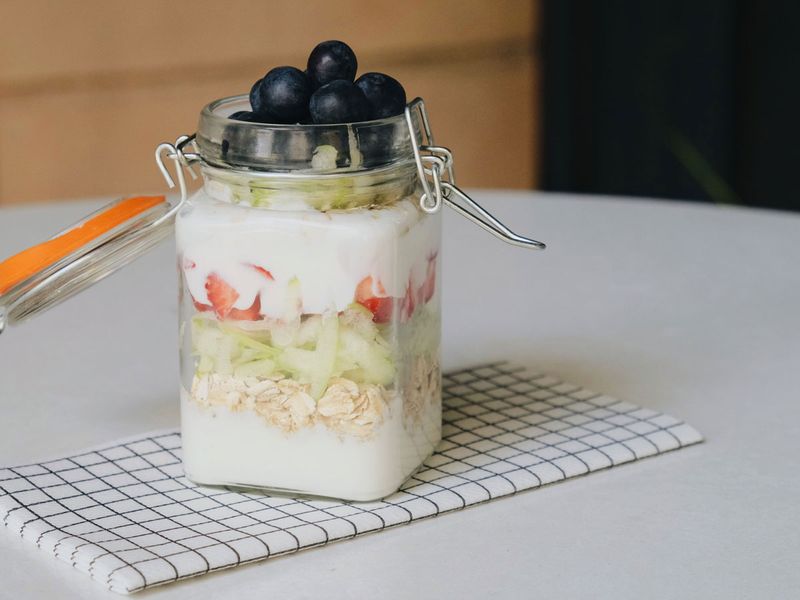
Ingredients
1 small apple
2 tbsp whole oats
2 tbsp low-fat natural yogurt
Some blueberries and strawberries
Method
Grate the apple and mix with whole oats and low-fat natural yogurt. Layer in a pot with some blueberries.
Tell us about your favourite dishes or recipes at food@gulfnews.com



